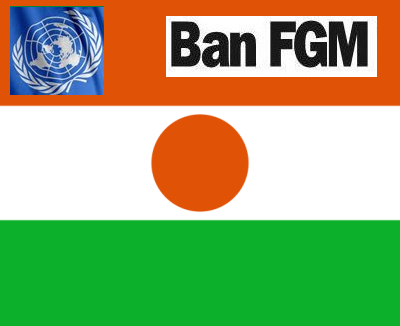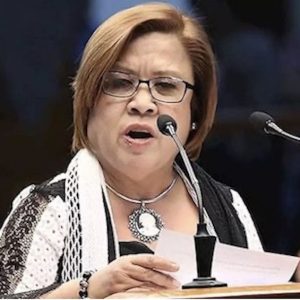The workshop was organised with the support of the Italian Ministry of Foreign Affairs and International Cooperation. Participants included representatives from the relevant government ministries (Ministry of Foreign Affairs, Ministry for the Advancement of Women, Ministry of Health and Ministry of Justice), parliamentarians, civil society activists, law practitioners and community leaders from Niger.
In addition to aiming to consolidate the political will of the Niger authorities to implement Resolution 69/150, the workshop provided an opportunity to analyse and discuss national mechanisms designed to protect women and girls against FGM and to identify adequate measures to improve existing strategies addressing violations of the prohibition of FGM and build the capacity of the police, gendarmerie and the judiciary in ensuring compliance with the law.
In Niger, the criminal law already provided for the prohibition of FGM since 2004. However, prevalence of the practice remains high ((between 30% and 65%) in several regions of the country. Similarly to other countries in which FGM is committed, the fight against this human rights violation requires enhanced cooperation and synergy of action among all institutions and civil society organisations focused on FGM, including work to prevent and condemn the rise of its medicalisation, as well as the strict and effective enforcement of the law prohibiting FGM, to protect its victims and to hold perpetrators to account.
Documentation:
- Final Declaration of the national workshop (in French)
- Program of the national workshop (in French)
- Concept note of the national workshop (in French)
- List of participants of the national workshop
- Ban FGM Campaign
- NPWJ Gender & Human Rights Program activities
For more information, contact Alvilda Jablonko, Coordinator of the Gender and Human Rights Program, on ajablonko@npwj.org, phone: +32 494 533 915 or Nicola Giovannini, email: ngiovannini@npwj.org, phone: +32 2 548 39 15.




